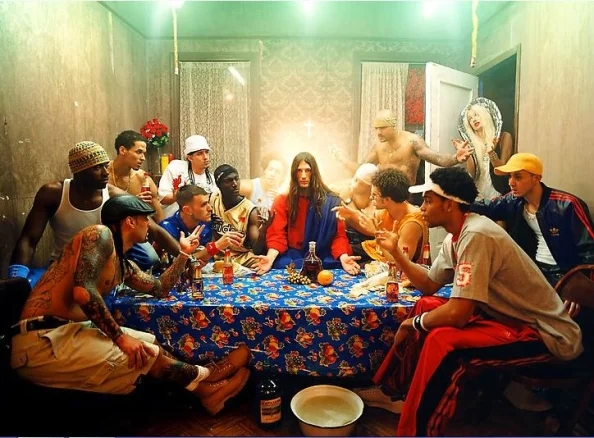
“For the Lord God does nothing
without revealing his secret
to his servants the prophets.”
Amos 3:7, ESV
We are witnessing something terrible. Worldwide whole societies are being destroyed. We’re more or less simple bystanders, there is really nothing we can do that can change the inevitable. However, the survivors will need our assistance. So we will wait for the inevitable crash, we pray, and anticipate a chance to bring our Savior’s love into the awful melee.
Things are accelerating far beyond what we think.
This heightens the tension, which should make us alert and aware. We make assumptions of the upcoming derailment which may, or may not be accurate. But we all sense something dreadful and foreboding is approaching.
We are witnessing a train wreck.
Something disturbing is coming down. It’s said that just before a big thunderstorm, the birds head for safety, they simply disappear. The birds know this, and yet it seems, and yet we’re still trying to connect the dots. We look at the skies, but yet we don’t quite understand the signs.
The crisis that is coming will stagger the unbeliever. It will certainly challenge the believer.
We must be ready ourselves. Our viewpoint of eternity will become a much needed necessity for those who go through the devastation of the train wreck. It’s what will pull us and others through some black and bleak times. We must prepare ourselves.
We can ask for grace, not just to help us, but to help them.
When the storm gets close, the best we can do is to head for the “storm cellar.” As a boy, growing up in the Midwest, I have clear and distinct memories of heading for that basement shelter, with my dad and mom. When a tornado is coming the only thing we can do is find shelter. To choose to hide, and to take cover is both prudent and wise.
While things are collapsing, we need to find comfort in His shelter.
His wings shelter us as believers, and we must find refuge in that precious and intimate place. So much news is grim, and we can so easily slip into depression and despair. We look around, but we must turn directly to these wings that cover us. We’re protected and sheltered in that place, but only in that place.
“Those who live in the shelter of the Most High will find rest in the shadow of the Almighty.
This I declare about the Lord:
He alone is my refuge, my place of safety;
he is my God, and I trust him.”
Psalm 91:1-2
We should rest, and consciously put our own souls under His care.
Some may look at everything and then decide to step into the storm in order to shut it down. But brother, we can’t stop it, for it’s of the Lord. Quite a few of the prophets in the Old Testament saw and understood what was going to happen soon, but they couldn’t do anything against Babylon or Assyria. But with their voices they strengthened and encouraged others against an outrageous brutality.
That is something that’s going to be critically needed. It is a good thing, and it’s what we’re being called to do.
God has brought you to this particular spot. He has put you into this moment in time. You must take your place. Be alert, stay on guard. We’re put into this place by the Father.
“And who knows whether you have not come to the kingdom for such a time as this?”
Esther 4:14

























